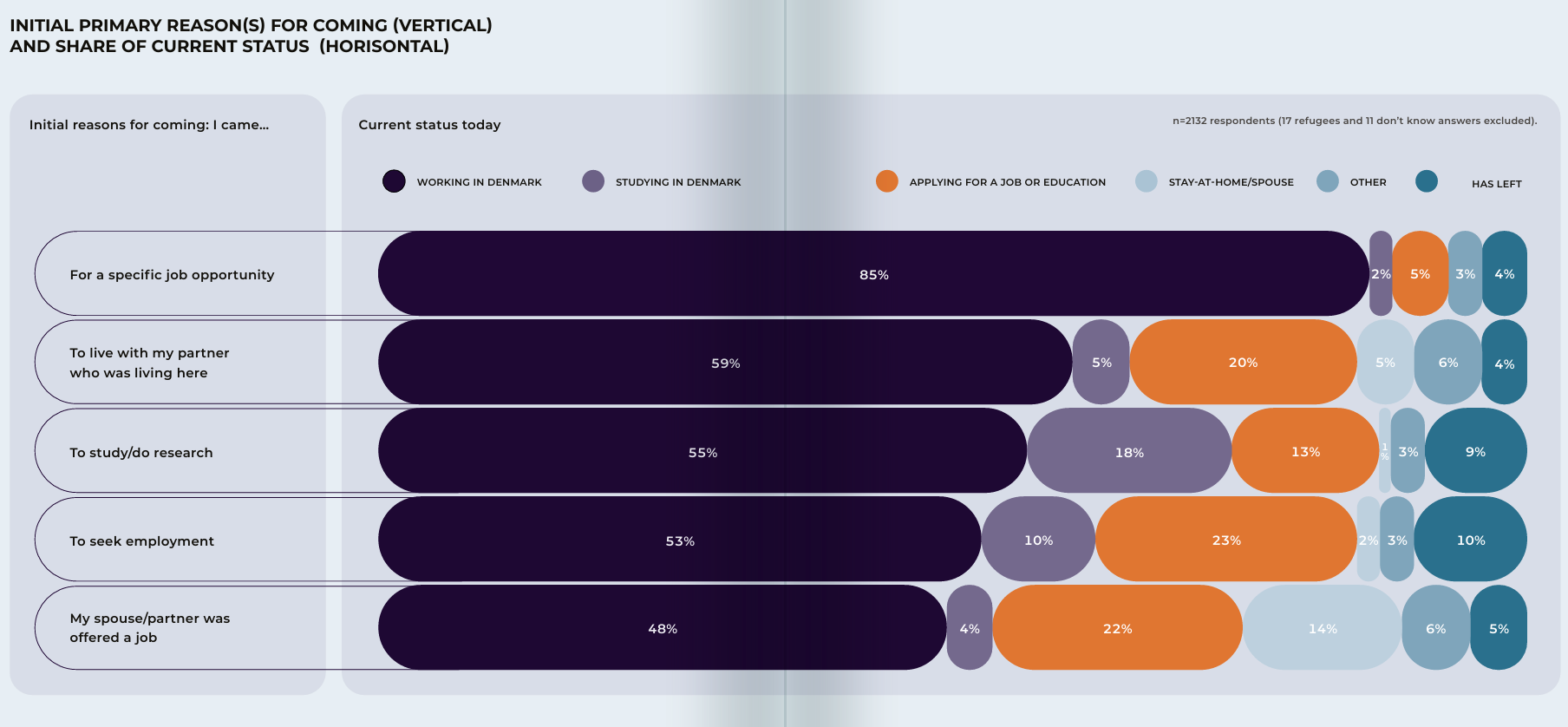The development minister, Christian Friis Bach (Radikale), has decided to cease providing financial support to a United Nations anti-drug programme due to revelations that Iran has been using the programme to execute hundreds of criminals every year.
“It’s a signal to Iran that the implementation of the death penalty is unacceptable and not something we can be involved with,” Bach told Politiken newspaper.
Via the Foreign Ministry's aid organisation, Danida, Denmark has contributed five million kroner annually over the past two years to the United Nations Office on Drugs and Crime (UNODC), which among other tasks battles the drug trade in Iran, Afghanistan and Pakistan. But with the news that the Iranian government has been executing hundreds of criminals as a result of the anti-drug programme, human rights organisations such as Amnesty International accused Denmark and other donor countries for indirectly sponsoring the death penalty in Iran.
Denmark had been expected to contribute a further seven million kroner over the next two years but an evaluation of the project last Friday prompted Bach to pull the plug on Danish assistance.
“As the evaluation indicates, the donations are leading to executions. The efforts are leading to more prisoners and I don’t feel confident that this programme can adequately guarantee the strengthening of human rights in Iran,” Bach explained to Politiken.
The latest UN statistics provided by special observers in Iran showed that the number of executions there has more than quadrupled to an average of 500 a year over the past three years, the majority of which involve drug criminals.
Friis Bach has decided that Denmark will divert its financial support to other UNODC projects in the region, a move that garnered support from Amnesty International.
“It’s essential that one doesn’t take on crime-fighting efforts that lead to the systematic violation of human rights,” Trine Christensen, policy director at Amnesty International, told Politiken. “The situation in Iran is serious with hundreds of people being executed due to drug crimes. The extent of the problem makes it necessary to step in.”
Amnesty International estimates that around 260,000 people were arrested in 2011 for drug-related offences. Of the 488 people executed by Iran in 2011, about three-quarters were for drug-related offences.











